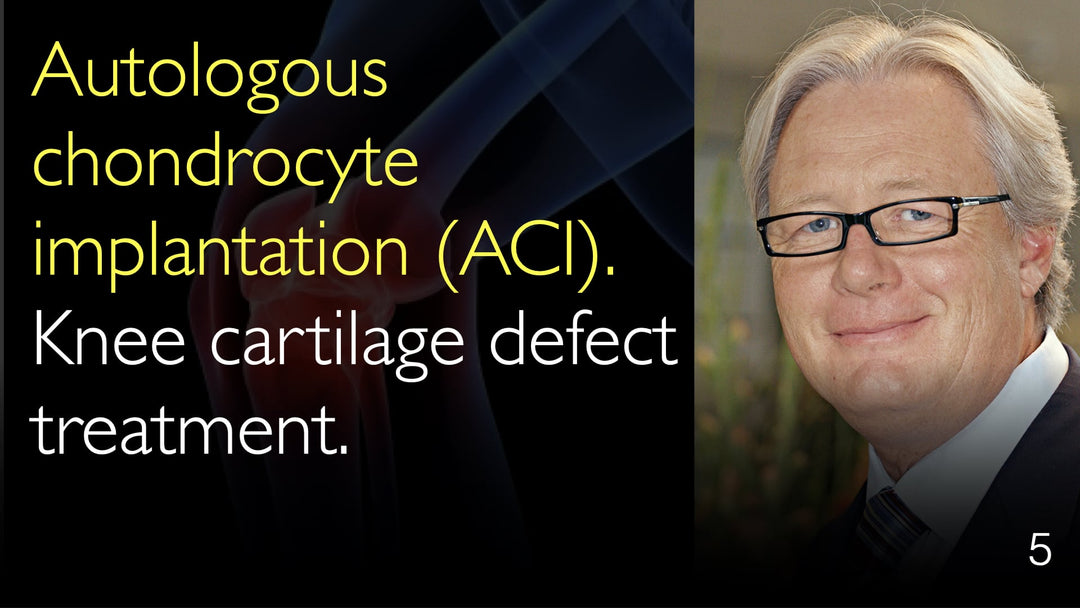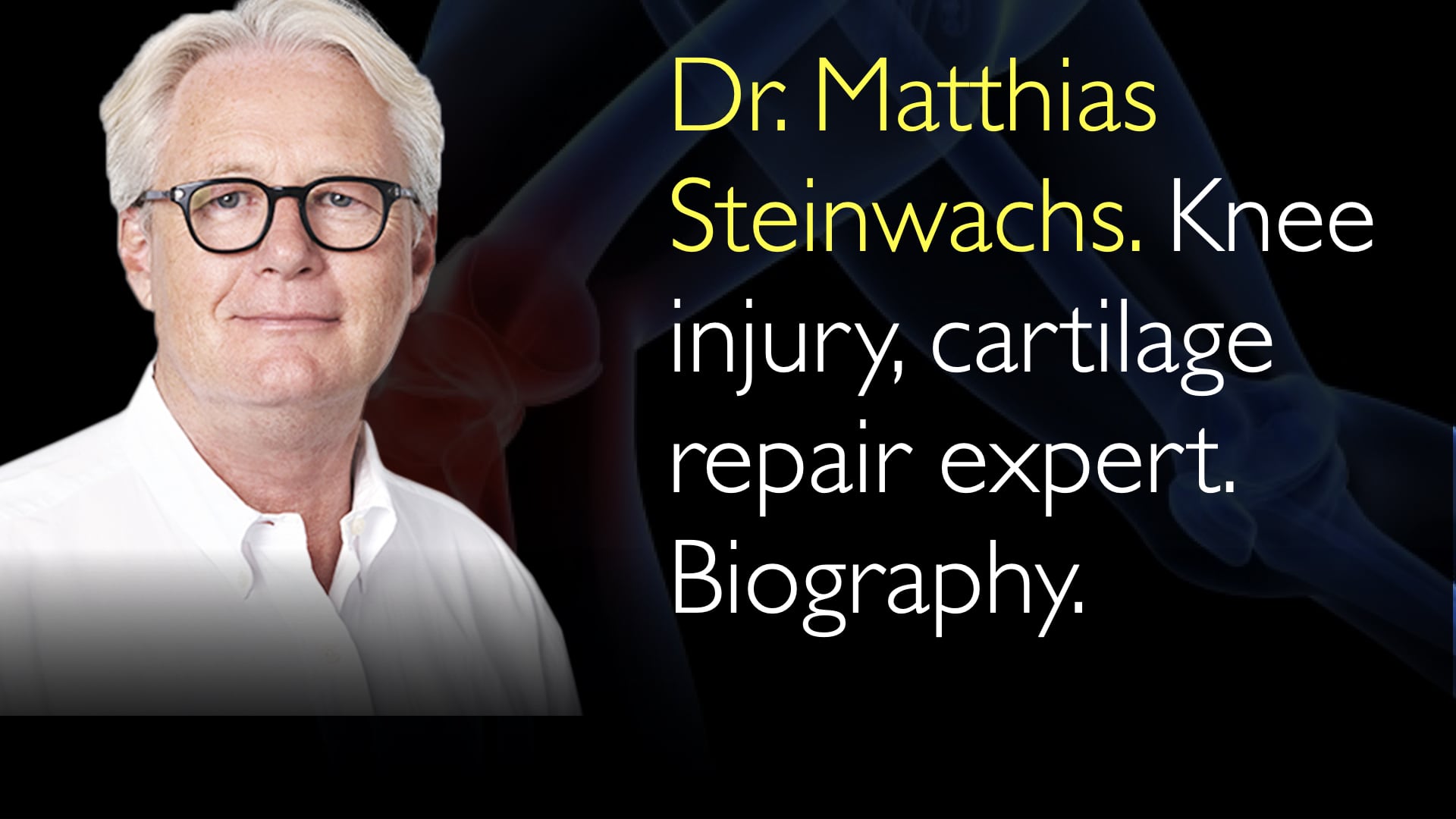What is autologous chondrocyte implantation? What are indications for autologous chondrocyte implantation (ACI)? What is the prognosis in patients with knee cartilage defects that were treated with autologous chondrocyte implantation? I have spent more than 20 years of my career in the field of cartilage tissue regeneration, ACI. I learned that back from the founder in the Göteborg group, Dr. Mats Brittberg. When I initially saw this technique, I was very impressed. Because it was early treatment. The first step was that we don’t resect a knee joint. We start to restore the knee joint damage. And this was, I will say, one of the most impressive points in my life. So in that field, I realized that the knees and cartilage tissues have regeneration potential, and we can support the cartilage regeneration. And for that reason, it was one of the main points in my life, and it’s driving me every day. I look for the biology; I try to understand the joints, with their biology, with their balance with their molecules. And for that reason, independently of meniscus or ligaments reconstruction surgery, it is the main aspect of my work. To go back to your question, the ACI (autologous chondrocyte implantation) is a technique where we remove pieces of cartilage during arthroscopy in an unloaded [non-weight-bearing] area of the knee. We send cartilage tissue to a laboratory. In that laboratory, you remove the cartilage cells out of that cartilage tissue from the patient. Removed cartilage cells are cultivated. Cells multiply under culture conditions. So for that reason, we start the cultivation with 50,000 cells. And after the multiplying process, over four weeks, normally, you have 12 million cells. So you can accomplish what the body is not able to do. You enhance the number of cells externally because in the joint, the cells that are embedded in the cartilage are not able to multiply. The tissue where you start in the second operation after cultivation, you implant that tells mostly in combination with the collagen implant. The cells were seeded onto a collagen patch like a scaffold. That collagen patch will be inserted into the cartilage defect. After some time and defined rehabilitation steps, you will see that implanted collagen cells start to form cartilage of very high quality. So ACI (autologous chondrocyte implantation) provides one of the best cartilage quality that we can see in cartilage regeneration. The indication for ACI (autologous chondrocyte implantation) treatment is mostly is the bigger cartilage defect lesion. So in my answer to the first question, I explained the so-called arthroscopic bone marrow techniques. These treatment methods are normally for the cartilage defect size up to two square centimeters in area. And for the ACI (autologous chondrocyte implantation), we see superiority in bigger lesions. So from two to six or seven, or eight square centimeters, you can use ACI as a very practical and very good technique to restore big cartilage defect lesion. So the indication for ACI (autologous chondrocyte implantation) is the bigger defects because, in the studies which compare the marrow stimulation arthroscopic technique with the ACI with ACT, we do not see a huge difference in the outcome of the patient. Only in the bigger lesion, we see superiority of the ACI (autologous chondrocyte implantation) technique.
More from Diagnostic Detectives Network





